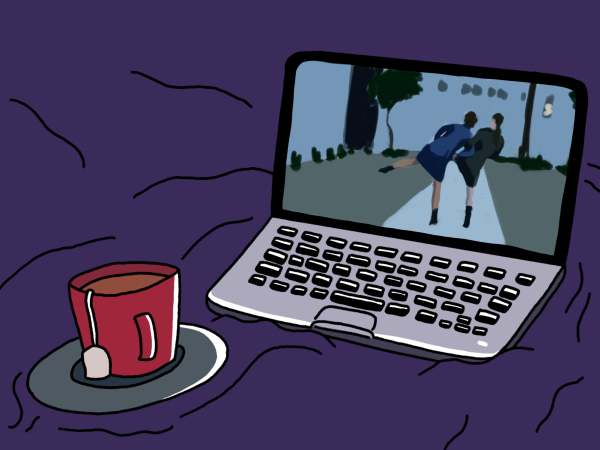Swedish film explores uncomfortable topics
Related Stories
“Force Majeure,” Sweden’s entry for Best Foreign Language Film at the 87th Academy Awards, is a visually stunning film that is too embarrassing to watch without cringing or squirming in your seat at least once. It is not particularly gross or disgusting in any way, but it does explore a theme that viewers tend to turn away from — the downfall of the patriarchal domination in the family of a handsome Caucasian alpha male, a willowy wife and two perfect little blond children.
The storyline is deceptively simple — an uncontrolled avalanche traps the guests of a Swedish resort. Tomas (Johannes Kuhnke) makes a decision that leaves his wife Ebba (Lisa Loven Kongsli) doubting his role as a husband and his children fearing a tear in the family. Ebba, astonished at Tomas’ betrayal, comes to uncomfortable and unpleasant realizations about her family. She instigates several awkward encounters with other people at the resort when she tells them of her husband, and no one seems to believe her accusation of Tomas’ lost masculinity.
Tomas’ hurt pride gets him through denial, disdain for his wife and acceptance of the reality. Further unrelated events trample on his pride as an attractive alpha male and, finally, he has a mental breakdown and becomes desperate. Director Ruben Östlund implies that this is how society today views public displays of male weakness — a seemingly blank exterior with glee and disdain on the interior.
The dramatic sound effects and scenic landscapes stand as the strongest features of “Force Majeure.” These give the audience time to think about what has just happened while keeping the viewers interested in the main plot. The introduction of random characters help the viewer experience what normal people witness next to this dynamic family. In all, Östlund does an excellent job appealing to the viewer’s curiosity. The only downside to thescenic shots of nature is they sometimes feel stagnant and lacking in stimulation.
“Force Majeure” will hit close to home for many people in this ever-changing era of how feminism is viewed in relation to patriarchy and vice versa. Östlund manages to show the humiliating and degrading process of a man who loses his position in the society through Tomas, while at the same time demonstrating the shaky hold women have over their roles as society’s new front-runners.
A version of this article appeared in the Wednesday, Oct. 22 print edition. Email Nomko Baatar at [email protected].





















































































































































